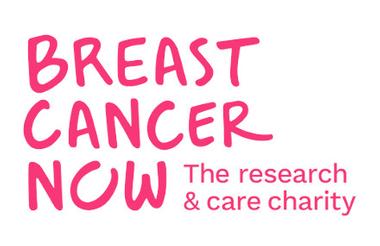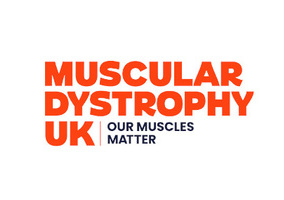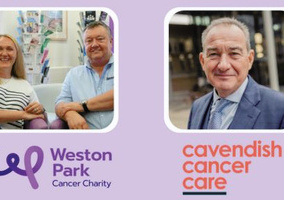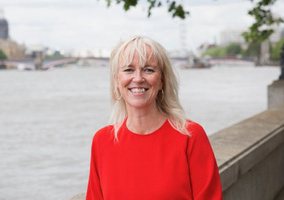Breast Cancer Now is aiming to raise £100m a year by 2030, it has said in a new five-year strategy document.
The strategy is built around three key goals – quicker and earlier diagnosis, tackling inequalities around care and support, and finding new and better breast cancer treatments.
The £100m financial target would represent a near-doubling of the £58m income the charity recorded in its financial review covering the year to 31 July 2024.
During that most recently published accounting period, Breast Cancer Now saw its total income grow by 16% from the previous year’s £50m, as a result of a rise in donations, legacies and charitable activity.
Through its new Change Happens Now strategy, the charity aims to reach £100m a year by increasing major donations as well as the amount brought in via regular giving, and by diversifying its income streams.
It stressed the importance of collaborations, with corporate partnerships being responsible for more than £8m of Breast Cancer Now’s income in 2023-24.
The charity said it would “seek out global partners who can help us drive progress in research” to enable it to reach its ambition that by 2050 everyone with breast cancer will “live and live well”.
Digital innovation aims and ‘game-changer’ actions
The strategy document also emphasised the role of innovation in achieving Breast Cancer Now's aims.
“We’ll harness the power of digital tools and AI to help us work smarter and faster,” it said. “We’ll fund research that uses them to discover new and better treatments, and we’ll build them into our support offer so we can be there for everyone who needs us.”
Among a series of planned “game-changer” actions, Breast Cancer Now said it would be focusing its efforts on the 20% of UK areas with the worst outcomes in relation to the disease in a bid to mitigate health inequalities.
The charity added that it is seeking to boost progress on treating metastatic breast cancers, which are often incurable.
In a statement, the charity’s chief executive Claire Rowney said it was focused on areas “where we see the biggest gaps or the biggest variations in access to treatment and care”.
Breast Cancer Now said its strategy had been drawn on feedback from more than 3,000 people with lived experience of the disease, as well as a range of experts.













